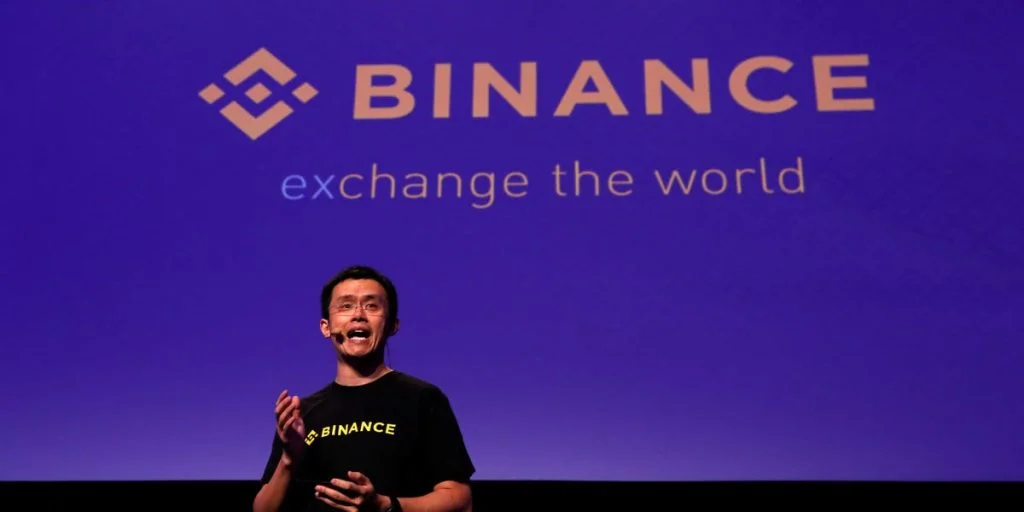Several investors are suing for damages as a result of Binance’s crypto exchange outage that has caused losses worth millions of dollars. The exchange’s policy allows for compensation on trading losses caused by system errors.

Binance’s policy allows investors to get compensation on trading losses due to system or internal issues but does not cover the “what could have been” situations.
Investors that tried to get out in time have lost money due to crypto exchange outages. While Binance has been diligent in dealing with such issues, several investors are apparently pursuing damages as a result of the exchange’s inability.
A Binance spokeswoman told CNBC that the company’s policy guarantees compensation for actual trade losses due to system or internal faults, but added:
“We do not cover hypothetical ‘what could have been’ situations such as unrealized profits.”
When investors inquired about compensation for the disruption, Binance’s customer service team reportedly gave a little rebate while refusing to comment on “pending legal proceedings.”
Binance was forced to go offline for a brief period on February 11 due to a 60 percent increase in online traffic.
As a result, the exchange has halted “deposits, withdrawals, spot and margin trading, P2P trading, OTC Portal trading, savings & redemption, and asset transfers from sub-accounts, margin accounts, futures accounts, and fiat wallets,” as well as asset transfers from sub-accounts, margin accounts, futures accounts, and fiat wallets.
In relation to trading and licensing complexities, Binance has recently attracted the attention of regulators all around the world. Changpeng Zhao, the CEO of Binance, has declared that he intends to obtain licenses in all jurisdictions.
Zhao made a public offer for Binance CEO to someone “with a good regulatory experience.” Authorities from all around the world are currently scrutinizing Binance, including the Netherlands, Malaysia, and South Korea.
Binance has begun aggressively introducing limits to reduce the likelihood of high-risk trading, ranging from limiting high-leverage trading to altogether prohibiting derivatives trading.
